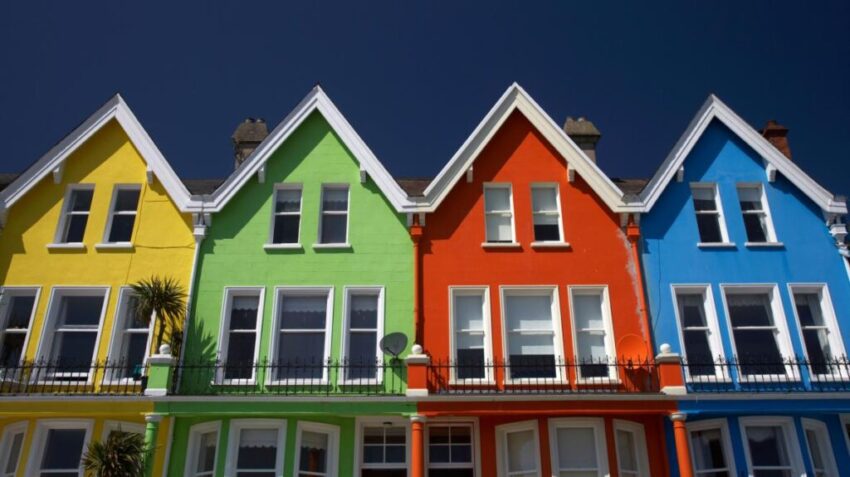The chancellor has been told that he can “have his cake and eat it” if he makes the stamp duty cut permanent, potentially generating a £139 million tax boost for the government.
Over the summer, the government scrapped stamp duty on house purchases of up to £500,000 until the end of March next year, meaning that buyers pay no tax on purchases and get a £15,000 discount on their payment on purchases over £500,000. Savills, the property consultancy, estimates that it was responsible for about £550 million of lost receipts to the Treasury in the three months to the end of September.
However, research from the Centre for Economics and Business Research on behalf of Kensington Mortgages, a specialist lender, suggests that a permanent increase in the threshold to £500,000 could reap £139 million of extra tax receipts a year. It is claimed that it would stimulate more transactions, would increase house prices and that there would be a fillip from more renovation work, such as new carpets and decorating, which typically come after a purchase.
There could be an even greater gain if the stamp duty threshold were permanently raised but to the lower amount of £300,000, it is suggested. That would likely still spur the housing market while drawing in more stamp duty receipts. The analysis shows that such a move could lead to an additional £491 million in revenue for the government each year.
“The threshold level should be considered ripe for permanent reform,” Mark Arnold, 52, chief executive at Kensington Mortgages, said. “The upper-bound estimates of our analysis suggest that the Treasury could have its cake and eat it, achieving a fiscal surplus whilst boosting the economy.”
Reflecting the impact of the stamp duty cut, coupled with a post-lockdown “rush to the country”, the number of house sales this year outside of London has surpassed the five-year average, according to Knight Frank, the upmarket property agency, despite the housing market being closed for much of the spring.
Zoopla, the online property portal, estimates that the value of house sales will surpass £300 billion this year, or 25 per cent more than in 2019. It believes that the number of people looking to move is up by 40 per cent compared with last year, which has helped to drive up property prices by 3.9 per cent over the past 12 months.
The jump has been fuelled by thousands of people looking to move into bigger houses with more office and garden space, as well as the bonus from the stamp duty changes. This has put a premium on houses, the average price of which has risen by 4.3 per cent, more than double the growth in flat prices.
Easing concerns among estate agents that transaction volumes will drop once the stamp duty holiday ends, Zoopla predicts that completions in 2021 will remain steady at about 1.1 million, while house prices in a year’s time are likely to be about 1 per cent higher than where they are now.


